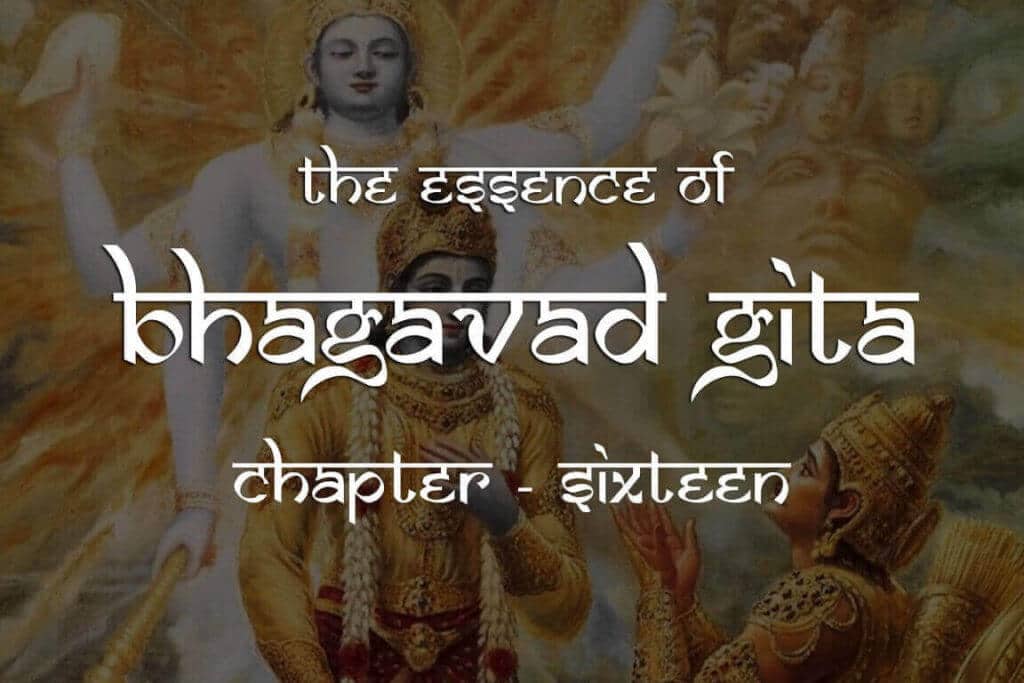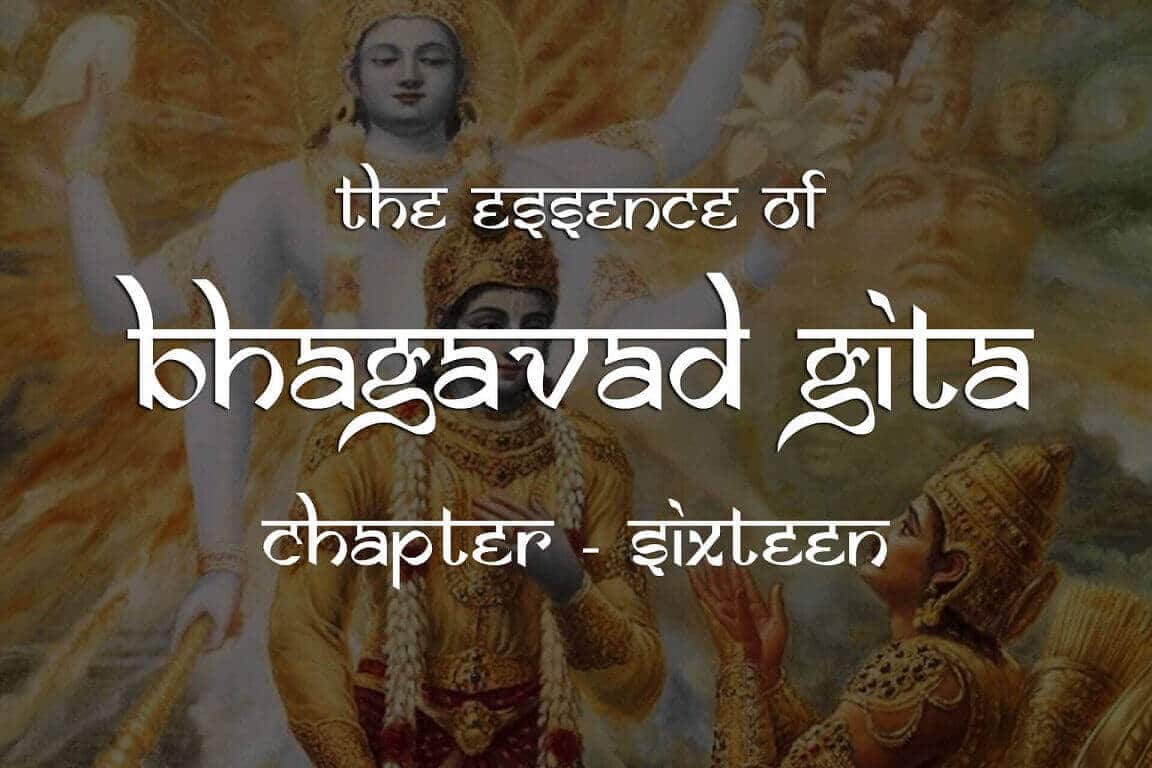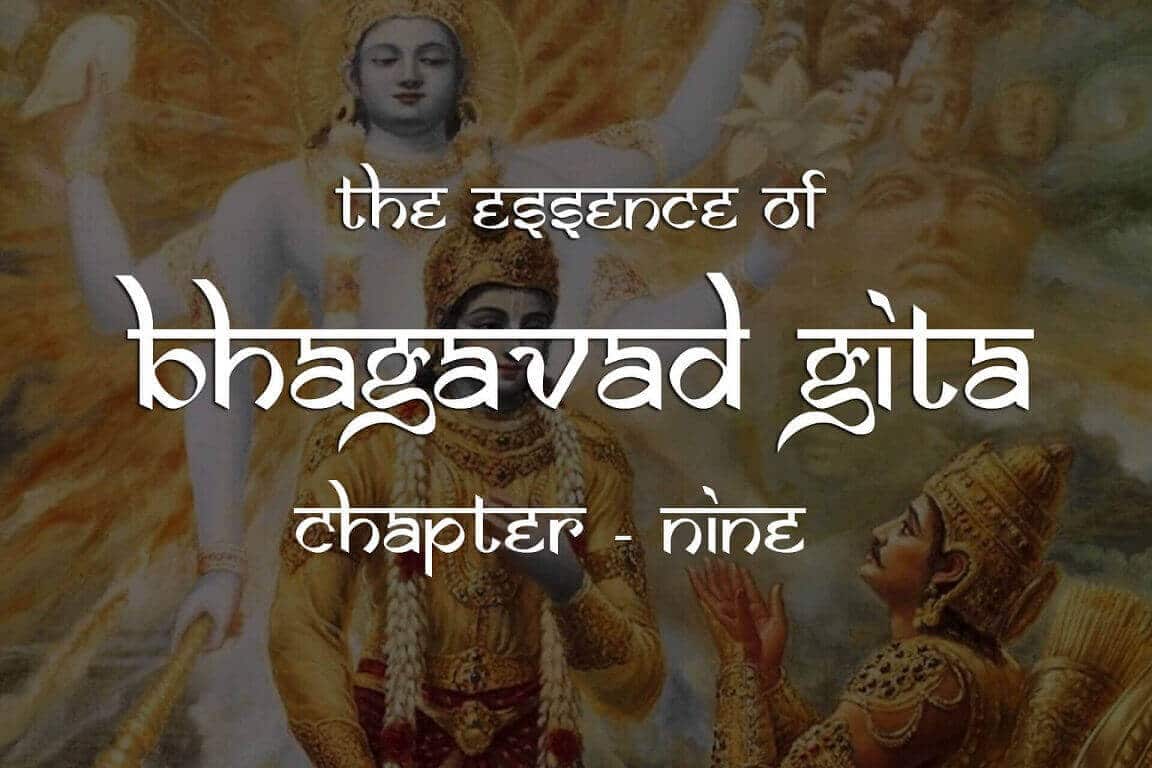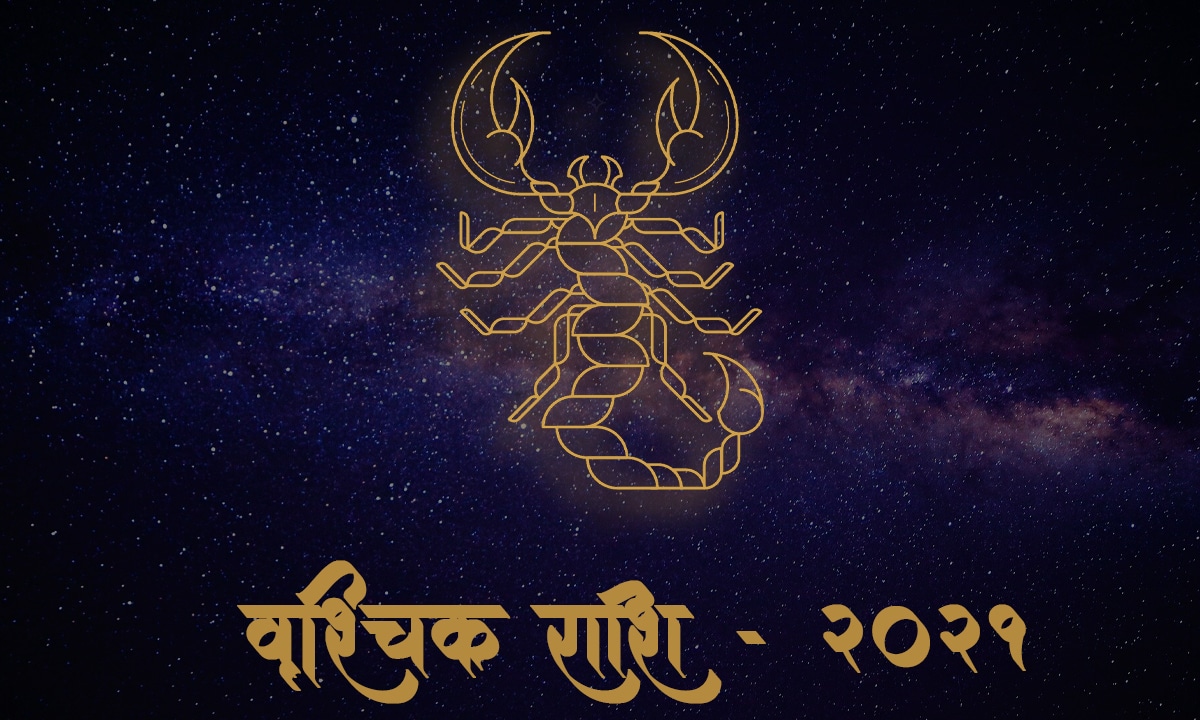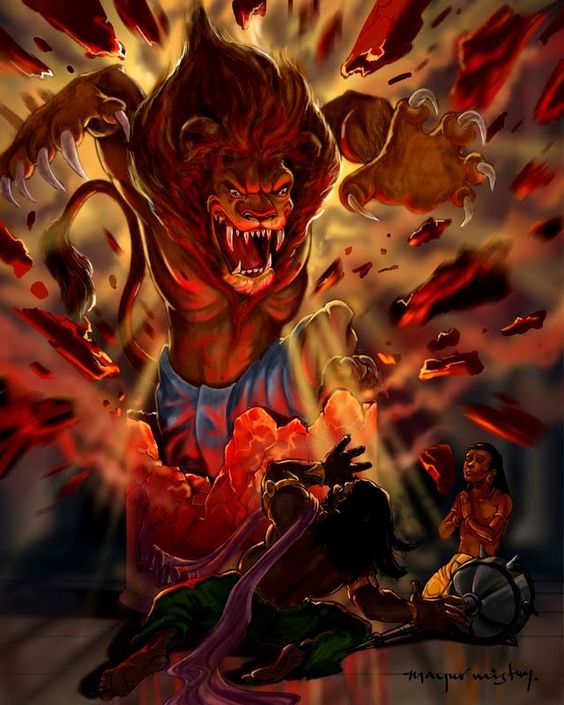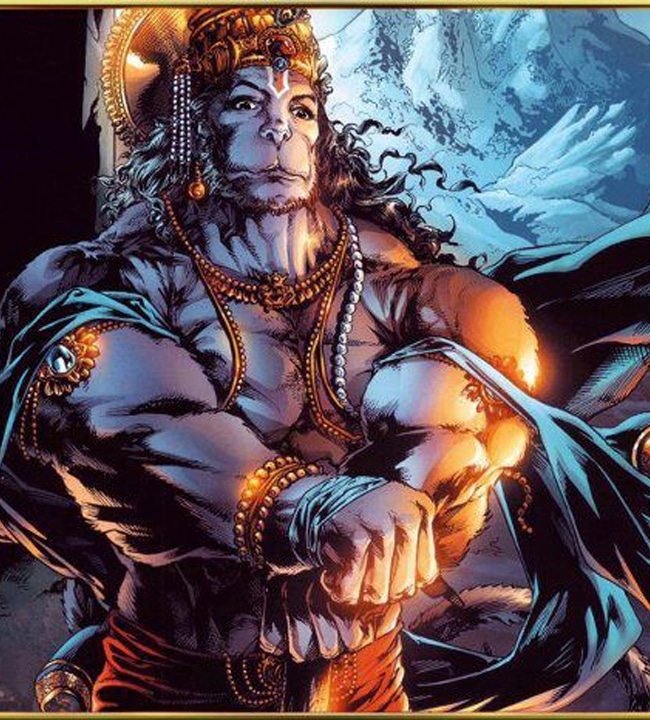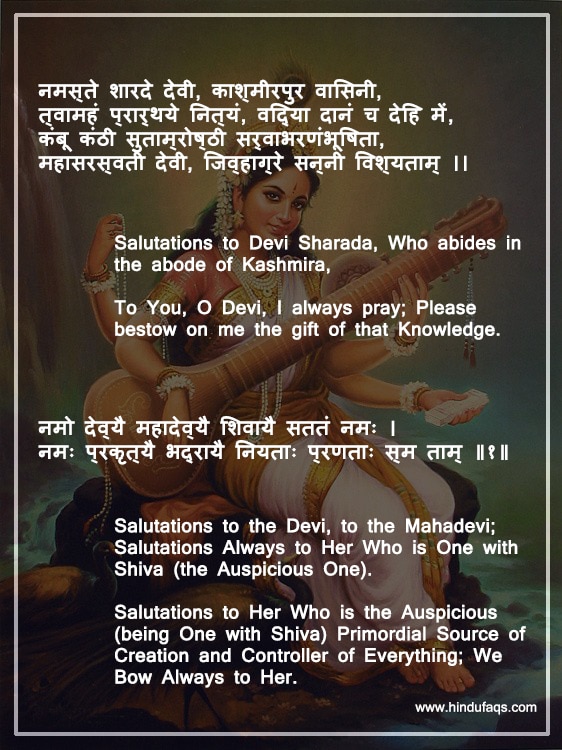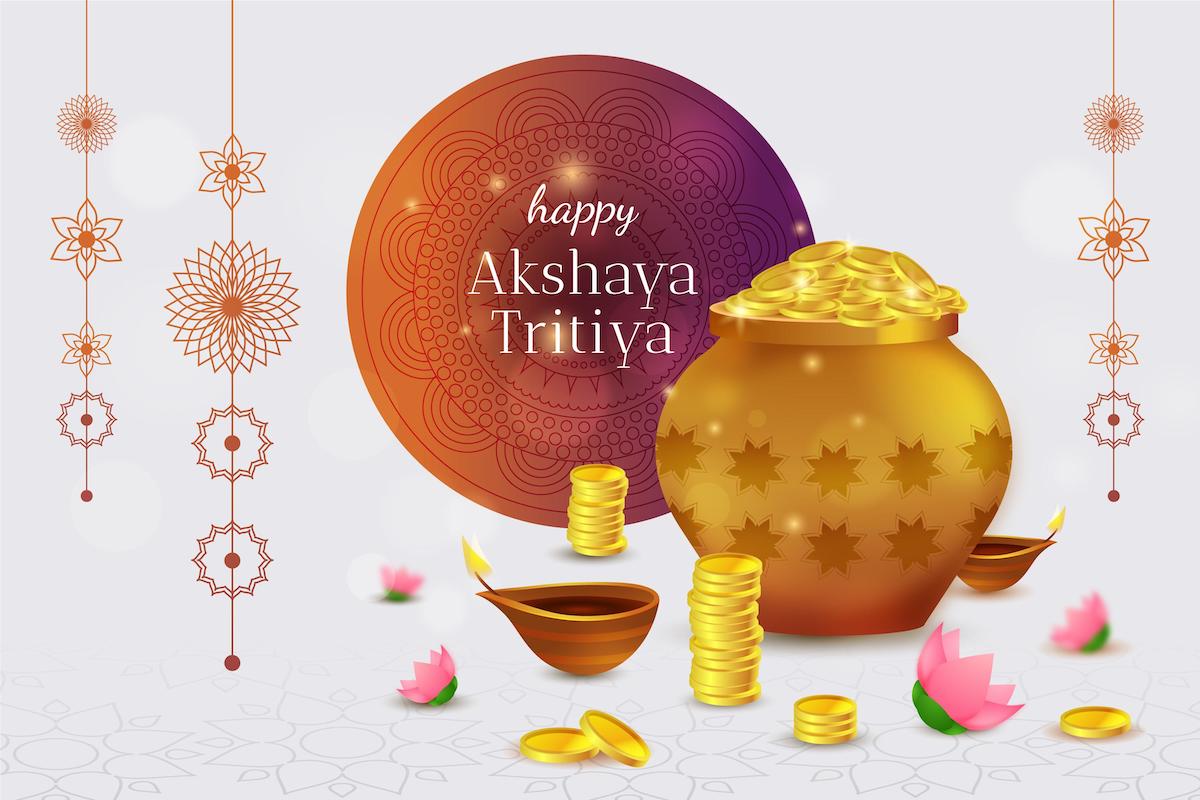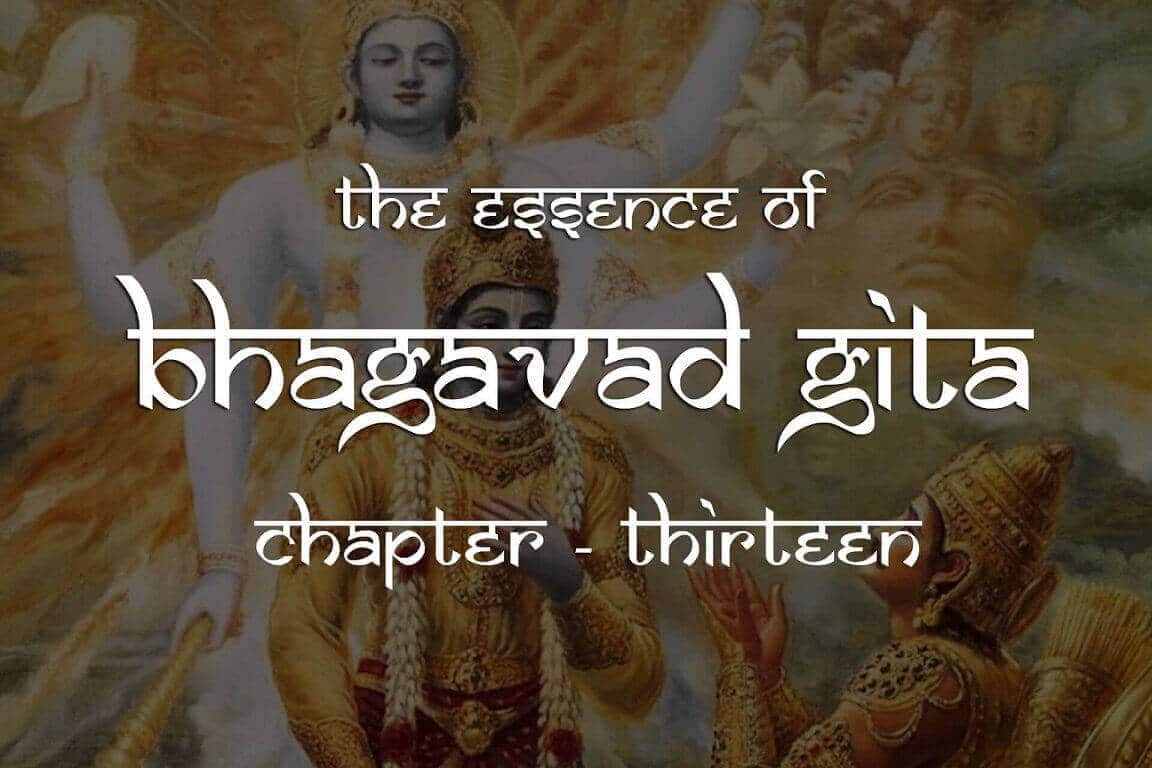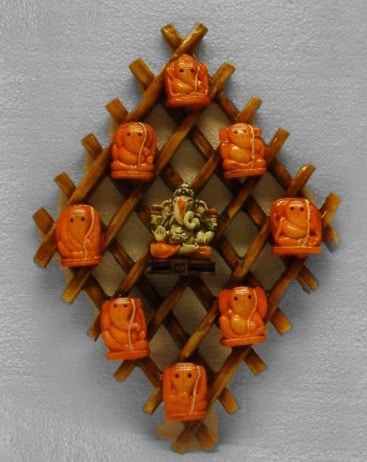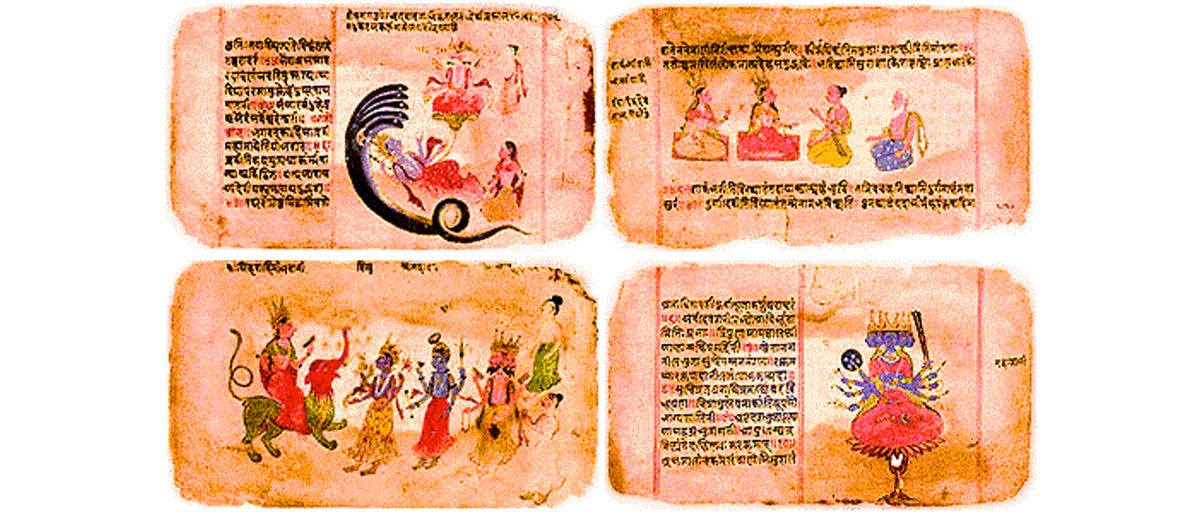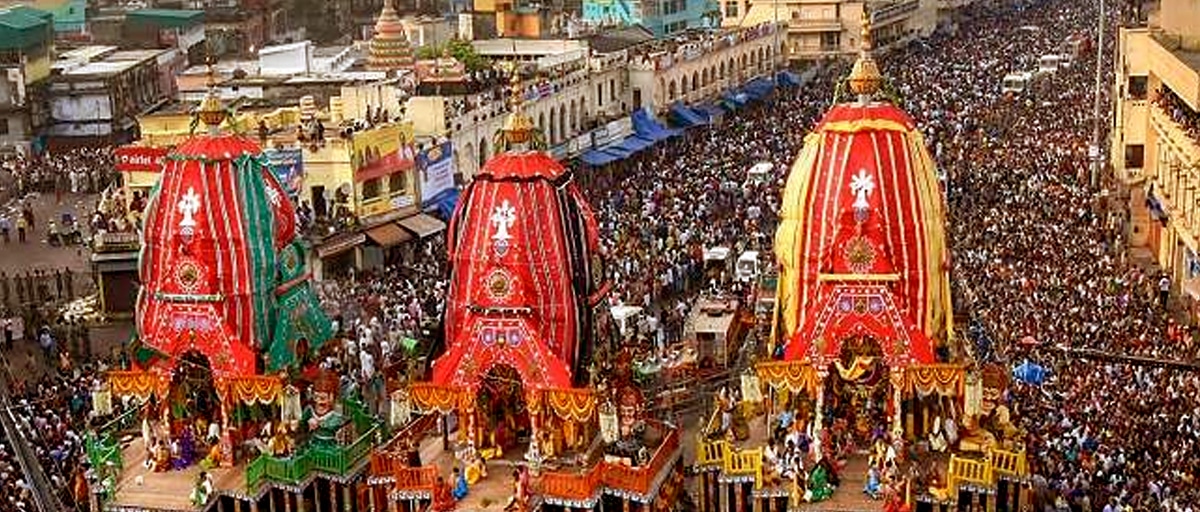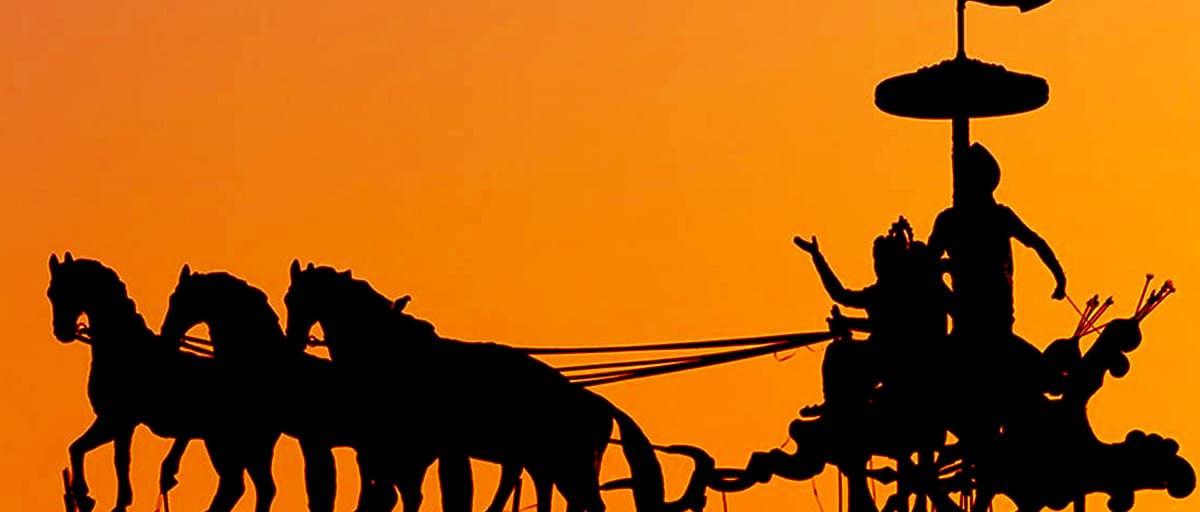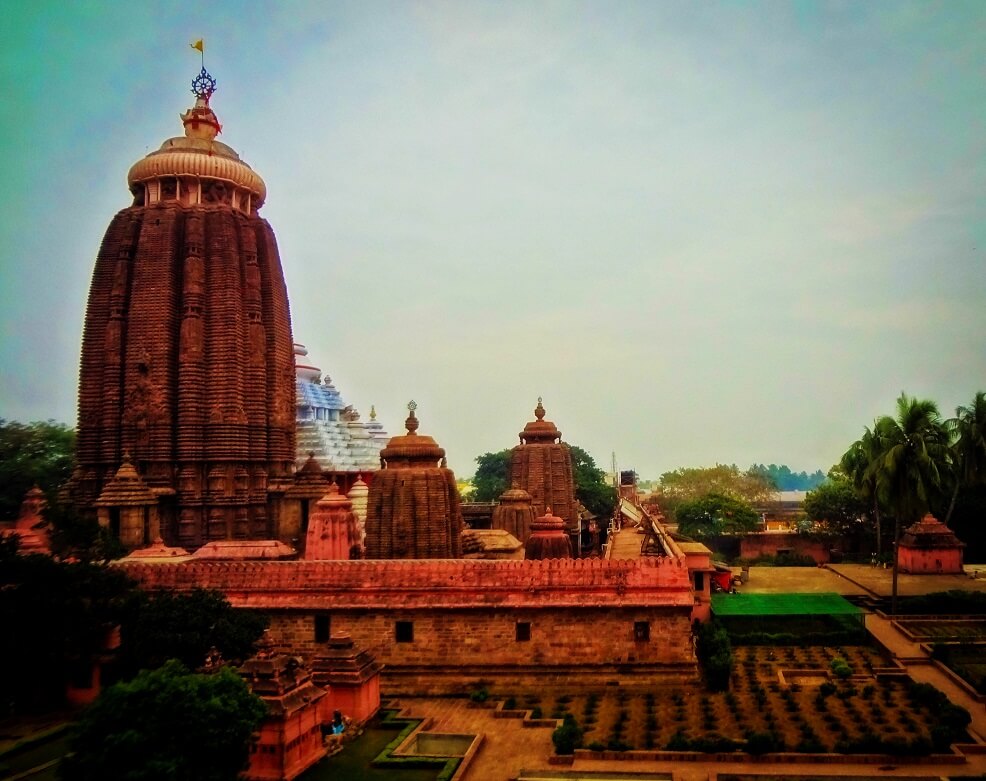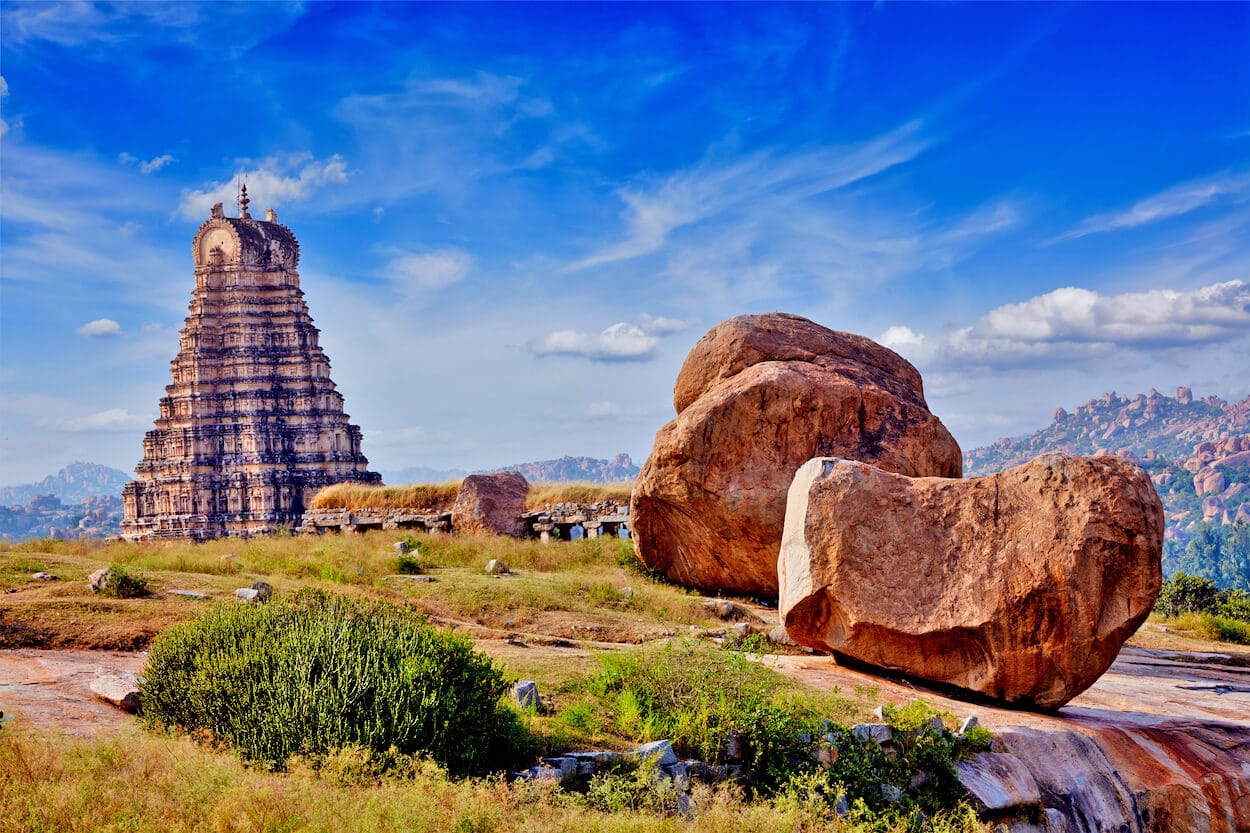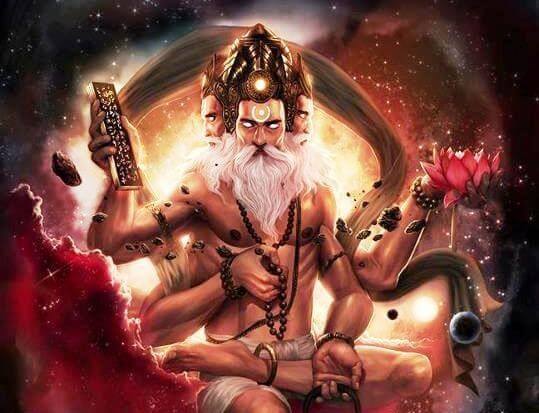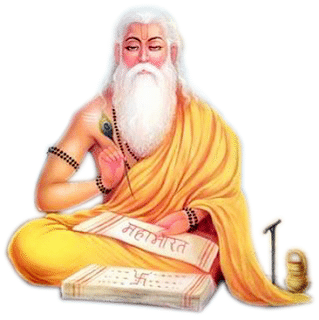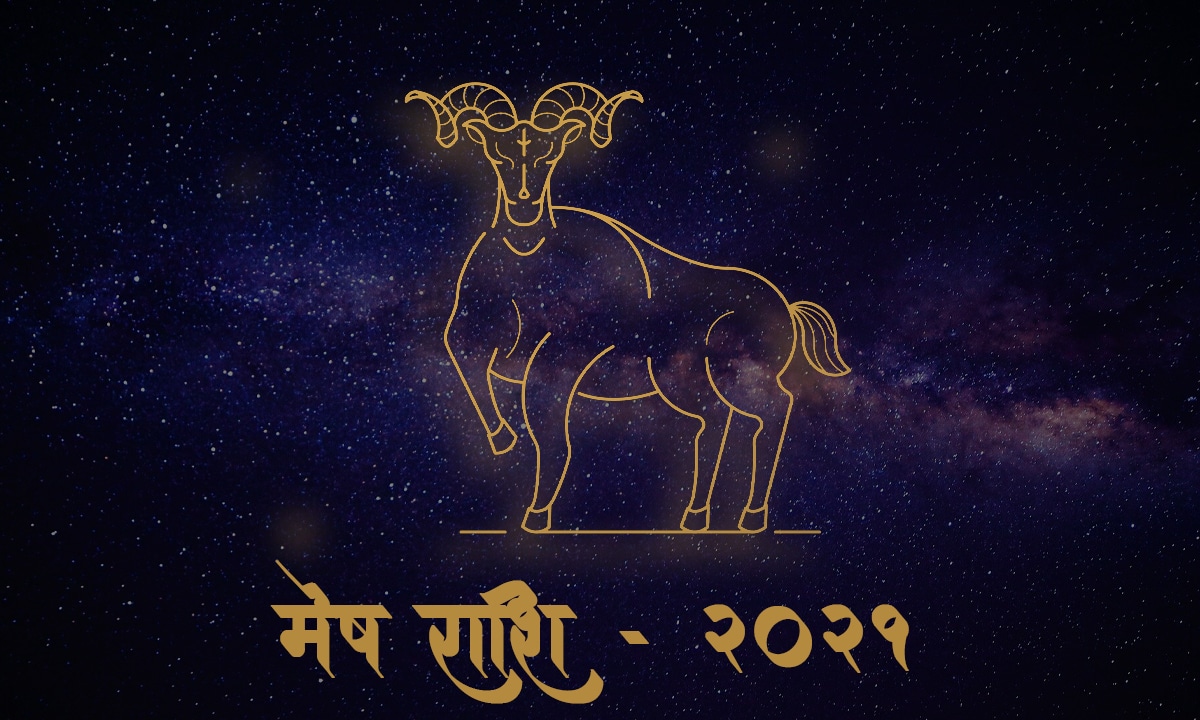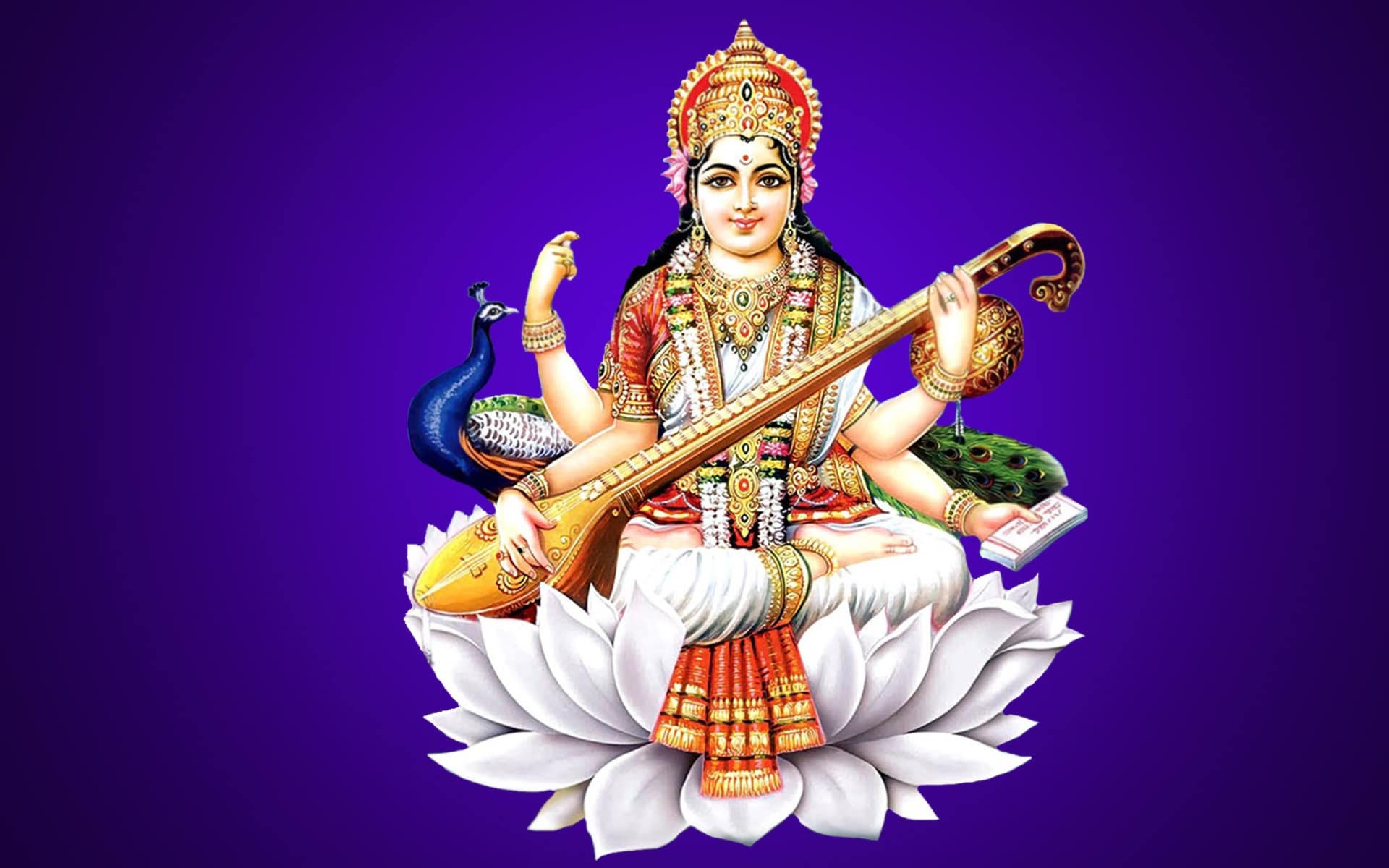sri-Bhagavan uvaca
abhayam sattva-samsuddhir
jnana-yoga-vyavasthitih
danam damas ca yajnas ca
svadhyayas tapa arjavam
ahimsa satyam akrodhas
tyagah santir apaisunam
daya bhutesv aloluptvam
mardavam hrir acapalam
tejah ksama dhrtih saucam
adroho nati-manita
bhavanti sampadam daivim
abhijatasya bharata
The Blessed Lord said: Fearlessness, purification of one’s existence, cultivation of spiritual knowledge, charity, self-control, performance of sacrifice, study of the Vedas, austerity and simplicity; nonviolence, truthfulness, freedom from anger; renunciation, tranquility, aversion to faultfinding, compassion and freedom from covetousness; gentleness, modesty and steady determination; vigor, forgiveness, fortitude, cleanliness, freedom from envy and the passion for honor-these transcendental qualities, O son of Bharata, belong to godly men endowed with divine nature.
PURPOSE
In the beginning of the Fifteenth Chapter, the banyan tree of this material world was explained. The extra roots coming out of it were compared to the activities of the living entities, some auspicious, some inauspicious. In the Ninth Chapter, also, the devas, or godly, and the asuras, the ungodly, or demons, were explained. Now, according to Vedic rites, activities in the mode of goodness are considered auspicious for progress on the path of liberation, and such activities are known as deva prakrti, transcendental by nature.
Those who are situated in the transcendental nature make progress on the path of liberation. For those who are acting in the modes of passion and ignorance, on the other hand, there is no possibility of liberation. Either they will have to remain in this material world as human beings, or they will descend among the species of animals or even lower life forms. In this Sixteenth Chapter the Lord explains both the transcendental nature and its attendant qualities, as well as the demoniac nature and its qualities. He also explains the advantages and disadvantages of these qualities.
The word abhijatasya in reference to one born of transcendental qualities or godly tendencies is very significant. To beget a child in a godly atmosphere is known in the Vedic scriptures as Garbhadhana-samskara. If the parents want a child in the godly qualities they should follow the ten principles of the human being. In Bhagavad-gita we have studied also before that sex life for begetting a good child is Krsna Himself. Sex life is not condemned provided the process is used in Krsna consciousness.
Those who are in Krsna consciousness at least should not beget children like cats and dogs but should beget them so they may become Krsna conscious after birth. That should be the advantage of children born of a father or mother absorbed in Krsna consciousness.
The social institution known as varnasrama-dharma-the institution dividing society into four divisions or castes-is not meant to divide human society according to birth. Such divisions are in terms of educational qualifications. They are to keep the society in a state of peace and prosperity.
The qualities mentioned herein are explained as transcendental qualities meant for making a person progress in spiritual understanding so he can get liberated from the material world. In the varnasrama institution the sannyasi, or the person in the renounced order of life, is considered to be the head or the spiritual master of all the social statuses and orders. A brahmana is considered to be the spiritual master of the three other sections of a society, namely, the ksatriyas, the vaisyas and the sudras, but a sannyasi, who is on the top of the institution, is considered to be the spiritual master of the brahmanas also. For a sannyasi, the first qualification should be fearlessness. Because a sannyasi has to be alone without any support or guarantee of support, he has simply to depend on the mercy of the Supreme Personality of Godhead.
If he thinks, “After leaving my connections, who will protect me?” he should not accept the renounced order of life. One must be fully convinced that Krsna or the Supreme Personality of Godhead in His localized aspect as Paramatma is always within, that He is seeing everything and He always knows what one intends to do.

